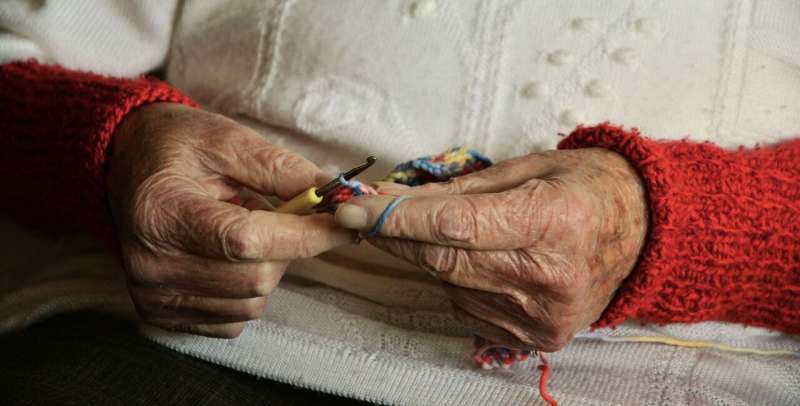Advances in Home Care for Children with Acute Gastroenteritis Based on Recent Research

New research confirms that providing ondansetron to children with gastroenteritis at discharge helps prevent recurrence of vomiting and supports at-home recovery, leading to improved pediatric emergency care.
Recent research led by the University of Calgary has provided new insights into managing acute gastroenteritis in children, particularly those discharged from emergency departments. While many children recover after visiting the ED, nearly one-third experience recurrent vomiting. The study focused on whether providing children with anti-vomiting medication, specifically ondansetron, to take at home could improve recovery outcomes.
Dr. Stephen Freedman, a pediatric emergency physician and researcher, led a comprehensive double-blind, randomized clinical trial across six Canadian hospitals involving over 1,000 children aged six months to 18 years. The results demonstrated that administering ondansetron at home is safe and effective in preventing further vomiting episodes in children recovering from gastrointestinal infections.
The study, published in The New England Journal of Medicine, found that children given ondansetron were less likely to experience moderate-to-severe symptoms after leaving the emergency department. This practice not only reduces symptom severity but also minimizes the need for additional medical interventions like intravenous fluids.
Freedman emphasized the importance of targeted treatment: "Children with recent frequent vomiting from an intestinal infection should be provided with two doses of ondansetron at discharge." The findings have been integrated into national guidelines for emergency care and highlight the value of such clinical trials in improving pediatric health outcomes across Canada.
This research underscores the importance of evidence-based approaches in pediatric emergency medicine and offers a practical solution to ongoing debates about post-discharge care for children with gastroenteritis. Future studies aim to identify which children are most likely to benefit from this intervention, optimizing treatment protocols further.
Stay Updated with Mia's Feed
Get the latest health & wellness insights delivered straight to your inbox.
Related Articles
Record Number of Pediatric Influenza-Related Deaths in 2024–2025 Season
The 2024–2025 flu season witnessed a record high of pediatric influenza-related deaths, emphasizing the need for enhanced prevention and treatment efforts in children.
Addressing Gaps in Hepatitis C Treatment Among Vulnerable Populations
Recent research highlights disparities in hepatitis C treatment among children and pregnant women, emphasizing the need for targeted strategies to eliminate the virus and improve care for vulnerable populations.
How Cell Mutations in Tissues Influence the Aging Process
Discover how somatic mutations in muscle and blood vessel tissues accelerate aging and contribute to age-related decline. New research highlights the role of genetic changes in tissue deterioration and potential therapeutic targets.



